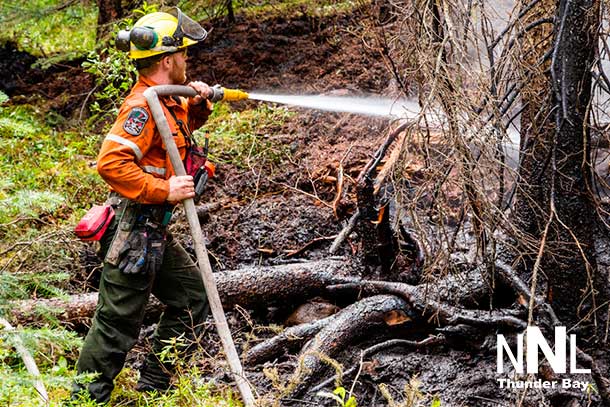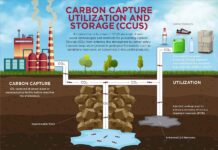
A Summer of Fire, Smoke, Ash and Climate Change
QUATHIASKI COVE, BC – CLIMATE – Wildfires are ripping across California, Oregon, Washington, British Columbia and Alaska during this summer of 2015, the result of unprecedented droughts and record temperatures. Millions of hectares are being burned, along with hundreds of homes. Fire-fighting costs are multiplying, the economic damage is soaring and the environmental consequences are foreboding.
The old ecologies of the Pacific Northwest are being reshaped as climate change begins the long and disruptive process of altering the weather and remaking the biological structure of the region.
Countless statistics tumble out of news reports as uncontrolled fires scorch California, and dozens of active fires burn in Oregon and Washington. Bush fires explode because of unprecedented heat and wind, igniting whole neighbourhoods, and even parts of downtown cores, as was the case at the end of June in Wenatchee. Sometimes, firefighters are the casualties.
Over 1,700 fires and counting
Grass becomes tinder in the Pacific Northwest, waiting for any spark to set off a conflagration. Washington stopped counting, and even fighting, some its fires during parts of August, letting them burn to exhaustion, whenever that may occur. At least one is spreading northward toward British Columbia.
B.C.’s situation is similar to that in the American states to the south. Over 1,734 fires have been counted in the province since April, and firefighting costs of more than $224 million have dwarfed a budget of $63 million. The focus of media attention shifts quickly from place to place depending on the size of the fire, the loss of property and the extent of human tragedy. Some people have barely escaped with their lives as walls of flames have roared toward them. The charred bodies of dead wildlife are commonly found in the ashen remains of the blackened landscapes. The danger in B.C. is exacerbated by the 13 million hectares of interior forest killed by the mountain pine beetle.
Alaska, like B.C., has undergone an average temperature increase of about 1.4 degrees C, mostly during the last 50 years, and is at least as vulnerable to the effects of rising temperatures, droughts and wildfires. Record areas of the state have burned in 2015, 183 more fires than the 216 that burned during the scorching season of 2004.
From a climate change perspective, Alaska’s fires are particularly serious because they burn off the deep layers of organic insulation that are protecting the permafrost from further melting and the subsequent release of methane, a potent greenhouse gas. “Everything is connected,” notes Bob Bolton, a University of Alaska hydrologist. “The climate, the permafrost, the water, the fires. You can’t look at one without looking at the other. Changes in one changes everything. It’s a really, really sensitive system.”
Disruptive climate revolution in motion
Complex ecologies such as the Pacific Northwest are similarly sensitive. Increased levels of atmospheric of carbon dioxide from human sources are raising temperatures, changing weather, and forcing the region into a protracted and traumatic transition. Altered precipitation patterns are lowering crucially important snow-packs, degrading the vitality of watersheds and transforming the character of West Coast forests, as California-like climate shifts northward.
The summer fires are just part of a difficult and disruptive climate change revolution we have set in motion. This change may be welcomed by those who like California’s climate, but the process is going to leave many others badly burned.
Ray Grigg
Ray Grigg is the author of seven internationally published books on Oriental philosophy, specifically Zen and Taoism.
© 2015 Distributed by Troy Media






